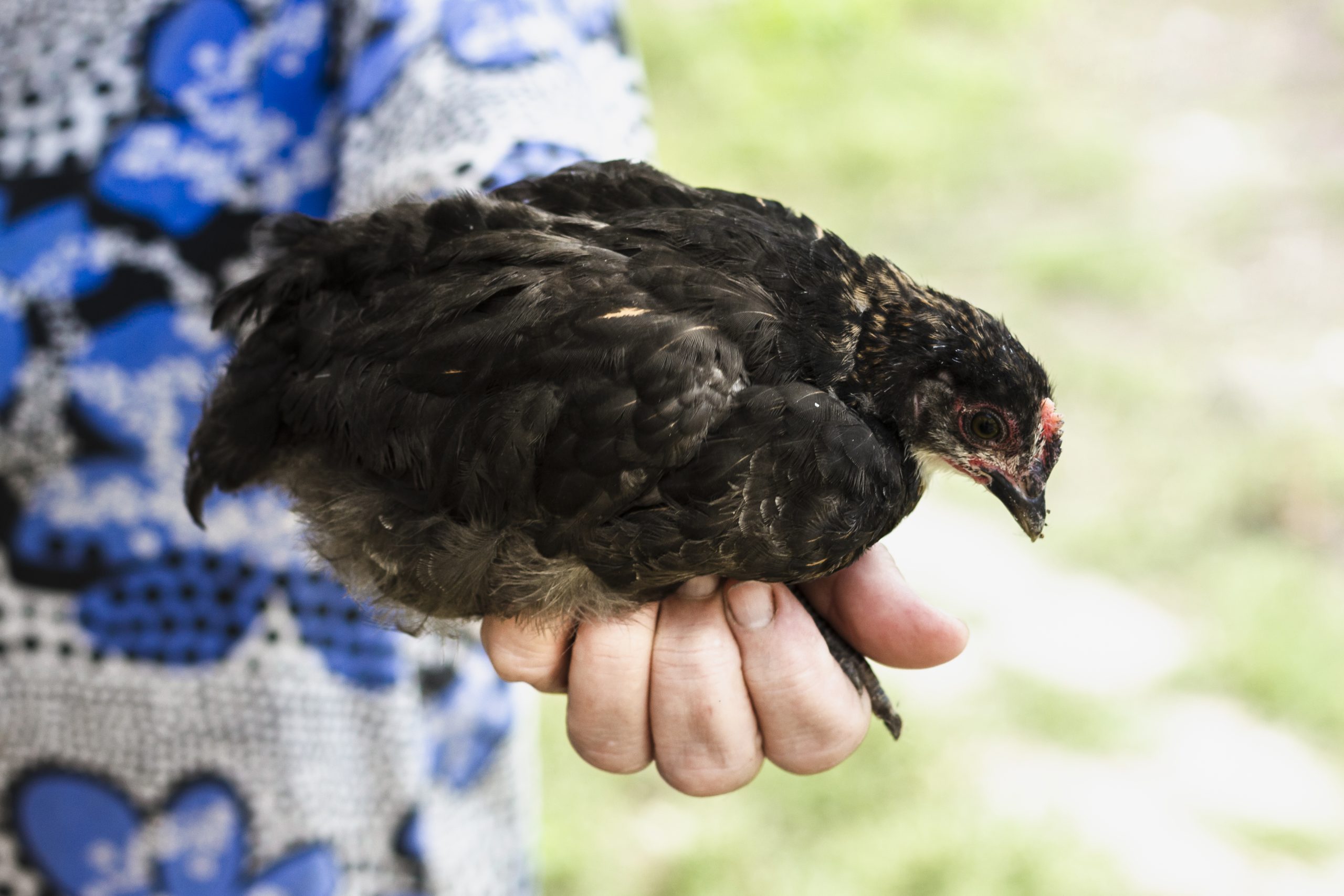Raising healthy poultry is essential for profitability, but diseases can quickly spread and cause severe losses. As a poultry farmer, understanding common poultry diseases, their symptoms, and prevention strategies can help you maintain a thriving flock. In this blog, we’ll cover some of the most prevalent poultry diseases and how you can protect your birds.
Viral Diseases
1. Newcastle Disease
- Highly contagious and affects the respiratory, nervous, and digestive systems.
- Symptoms: Sneezing, nasal discharge, twisted neck, paralysis, and sudden death.
- Prevention: Vaccination and strict biosecurity measures.
2. Infectious Bronchitis
- Primarily affects chickens, causing respiratory distress.
- Symptoms: Coughing, sneezing, watery eyes, and drop in egg production.
- Prevention: Vaccination and maintaining a clean environment.
3. Marek’s Disease
- A viral disease causing paralysis and tumors in chickens.
- Symptoms: Leg paralysis, weight loss, and cloudy eyes.
- Prevention: Early vaccination and good farm hygiene.
4. Avian Influenza (Bird Flu)
- Highly infectious with potential to spread to humans.
- Symptoms: Sudden death, respiratory distress, reduced egg production, and swelling.
- Prevention: Strict biosecurity, avoiding wild birds, and vaccination (where available).
5. Fowl Pox
- A slow-spreading viral disease.
- Symptoms: Wart-like lesions on skin or in the mouth, weight loss, and reduced egg production.
- Prevention: Vaccination and controlling mosquitoes (which spread the virus).
Bacterial Diseases
6. Fowl Cholera
- Affects birds of all ages.
- Symptoms: Greenish diarrhea, swollen wattles, respiratory distress, and sudden death.
- Prevention: Vaccination and proper sanitation.
7. Pullorum Disease
- Affects young chicks and can spread through eggs.
- Symptoms: White diarrhea, weakness, and high mortality.
- Prevention: Testing breeder flocks and culling infected birds.
8. Salmonellosis
- Can infect poultry and humans.
- Symptoms: Diarrhea, lethargy, and poor growth.
- Prevention: Clean housing, proper feed storage, and vaccination.
9. Colibacillosis (E. coli Infection)
- Affects young chicks and layers.
- Symptoms: Respiratory distress, diarrhea, and swollen joints.
- Prevention: Maintaining clean drinking water and dry litter.
Parasitic Diseases
10. Coccidiosis
- A common intestinal disease caused by parasites.
- Symptoms: Bloody diarrhea, weight loss, and lethargy.
- Prevention: Good litter management, anticoccidial medication, and proper nutrition.
11. Worm Infections (Roundworms, Tapeworms, etc.)
- Affect digestion and nutrient absorption.
- Symptoms: Weight loss, reduced egg production, and lethargy.
- Prevention: Regular deworming and clean environment.
Fungal Diseases
12. Aspergillosis
- Affects the respiratory system due to mold exposure.
- Symptoms: Gasping for air, weakness, and weight loss.
- Prevention: Avoid moldy feed and maintain dry litter.
13. Mycotoxicosis
- Caused by mold toxins in feed.
- Symptoms: Reduced growth, weak immunity, and liver damage.
- Prevention: Storing feed in a dry, ventilated area.
Nutritional Deficiencies (Often Mistaken for Disease)
14. Rickets
- Caused by calcium, phosphorus, or vitamin D deficiency.
- Symptoms: Weak legs, soft beak, and poor egg quality.
- Prevention: Providing balanced feed with minerals.
15. Fatty Liver Syndrome
- Common in laying hens due to excessive fat buildup.
- Symptoms: Sudden death, pale comb, and poor egg production.
- Prevention: Balanced diet and proper feeding schedule.
Preventing Poultry Diseases
- Biosecurity: Limit farm visitors, disinfect equipment, and prevent contact with wild birds.
- Vaccination: Follow a proper vaccination schedule to protect against viral and bacterial diseases.
- Hygiene: Keep water and feed clean, and regularly change bedding.
- Proper Nutrition: Provide a well-balanced diet with essential vitamins and minerals.
- Regular Health Checks: Monitor your flock for early signs of disease and separate sick birds.
Final Thoughts
Poultry diseases can be devastating, but with proper knowledge and management, you can minimize losses and keep your birds healthy. Stay vigilant, follow biosecurity measures, and consult a veterinarian when needed.
Have questions or need poultry supplies? Download the Eggora Poultry App today!
